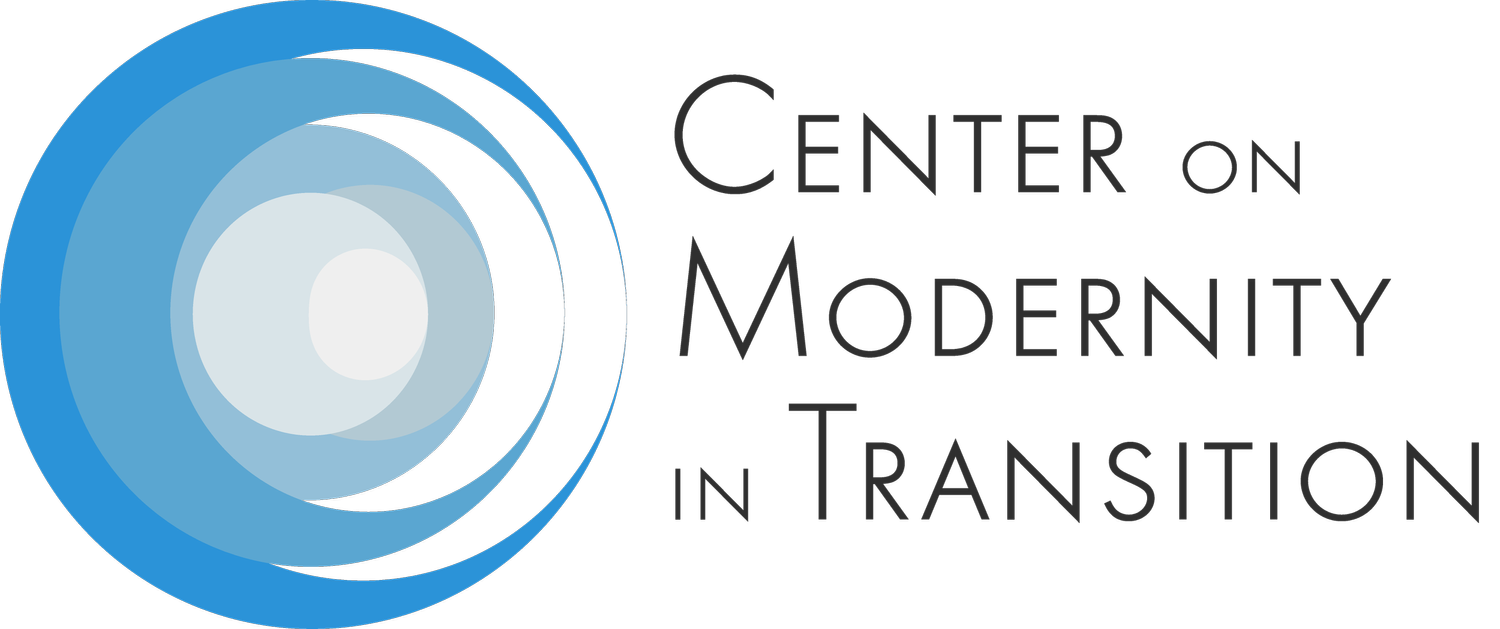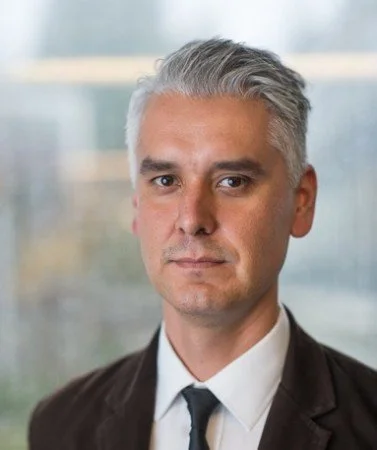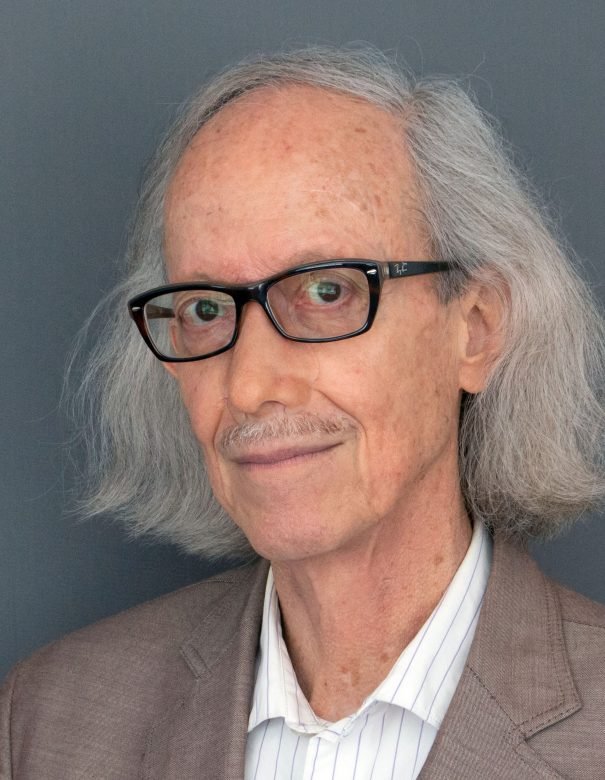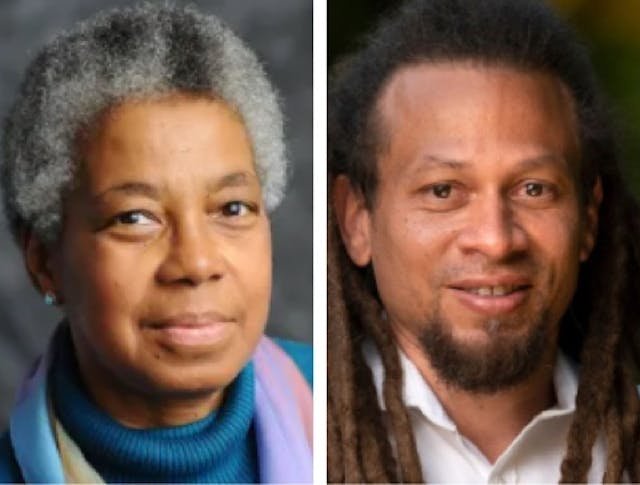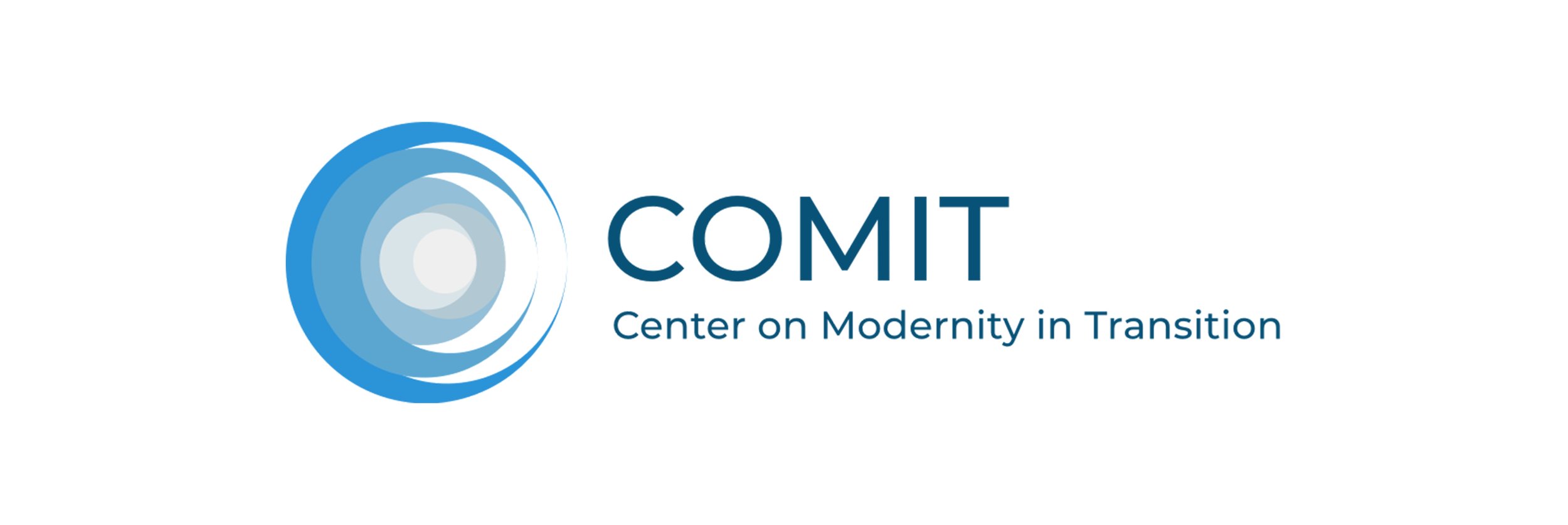Beyond "Recognition": Self, Other, and the Making of Collective Identities in Colonial Contexts
Speakers
GLEN COULTHARD
Associate Professor in the First Nations and Indigenous Studies Program and in the Department of Political Science at the University of British Columbia. He is the author of Red Skin, White Masks: Rejecting the Colonial Politics of Recognition (2014). He is also co-founder of Dechinta Centre for Research and Learning.
ARTURO ESCOBAR
Emeritus Professor of Anthropology at the University of North Carolina, Chapel Hill. He is the author of Encountering Development: The Making and Unmaking of the Third World (1995) and Designs for the Pluriverse: Radical Interdependence, Autonomy, and the Making of Worlds (2018).
Moderators:
SHAHRZAD SABET
Shahrzad Sabet is Co-Director of the Center on Modernity in Transition (COMIT) and a Fellow at New York University’s Institute for Public Knowledge. Her current book project, which spans a variety of disciplines, makes the case for a reimagined universalism that reconciles the oneness and the diversity of humankind.
BENJAMIN SCHEWEL
Benjamin Schewel is Co-Director of the Center on Modernity in Transition (COMIT). He is author of Seven Ways of Looking at Religion (2017) and is currently working on a second book, Encountering the Axial Age, both from Yale University Press.
2021-2022 SPEAKER SERIES
Identity and Belonging in a Global Age
With the rise of tribalism and nationalism throughout the world, questions of collective identity and belonging have surged to prominence in recent years. Across numerous disciplines and discourses, a key dilemma has taken shape: how to reconcile the legitimate yearning for rootedness and locality, with the fluidity and porousness of an increasingly global age. This series brings together leading thinkers from a variety of perspectives to examine and reframe the crises of identity that confront us in a rapidly changing global age, and to think deeply about how humanity might resolve them. Sponsored by the Kenan Institute for Ethics at Duke University, the Institute for Public Knowledge at New York University, and COMIT.
